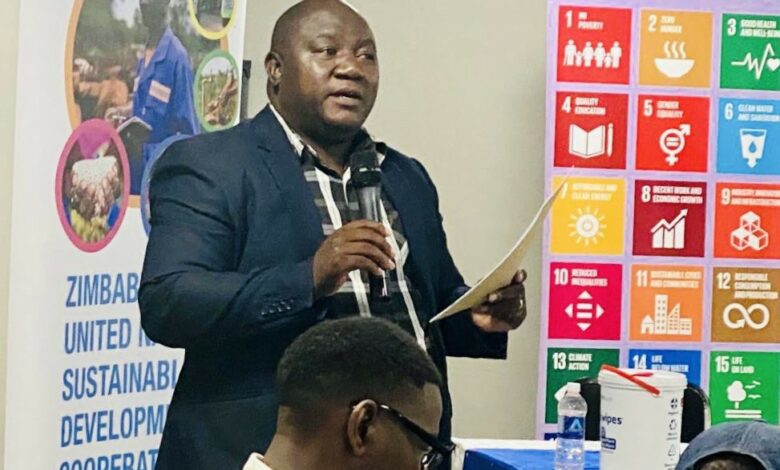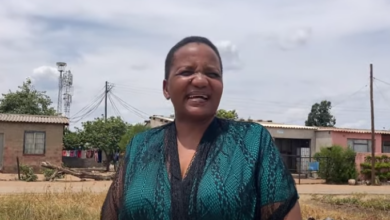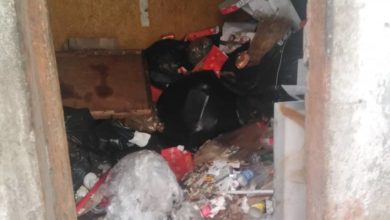Govt defends maize seizure order

The government has defended its stance to seize maize from farmers who are not selling their grain to the Grain Marketing Board (GMB) arguing that there are some districts in the country that are food insecure.
The government claims that maize, which is not taken to the GMB ends up used for livestock feeding yet there are people who are food insecure while some individuals take advantage of shortages to sell a bucket of maize for US$8 up from US$4.
Towards the end of May, the government wrote to the GMB, advising it to operationalise Statutory Instrument 145 of 2019, after noting that low deliveries of grain had been delivered since the start of the marketing season on April 1, 2022.
The government stated that out of 30 000 metric tonnes that were harvested to date, only 5 000 metric tonnes were delivered to the GMB.
Most farmers have been reluctant to sell to GMB because of low prices, with a tonne of maize pegged at ZWL$75 000.
Responding to questions on the effectiveness of forcing farmers to deliver their grain to GMB at a recent developmental reporting workshop hosted by the United Nations in Zimbabwe, Chief Director for Monitoring and Evaluation in the Office of the President and Cabinet, Anderson Chiraya, said quite a number of districts were food insecure and needed assistance.
“On food security, quite a number of districts have been affected by the late rains. Some areas are hard hit most of the time because they are sandy, while in areas like Buhera and Lupane, you find there is an increase in maize prices. This is seen especially when you reach November and December but this year, this has been quite a big issue,” he said.
Chiraya said due to such issues, this was the reasoning behind GMB asking farmers to bring their maize.
“We are saying that’s what should be done. Don’t do side marketing. Most of the side marketed maize would go to stock feeding while now we need the maize for consumption,” noted the chief director.
“We are saying yes, come with your maize and we will give part payment in foreign currency and the rest in ZimDollar. So that’s an incentive for them to bring the maize so that we know what we have as a country.”
Chiraya claimed that some farmers underdeclared their produce in some instances, which affected the country, as it assumed there was a crisis when it had enough supply.
“Understandably if you have lived in a rural area, people just sell less than 10 percent of maize they would have harvested. So sometimes they don’t declare more of what they have, then they sell amongst themselves. Sometimes we might say we have a crisis but it can be curtailed by them selling to each other,” Chiraya said, adding that the next Zimbabwe Vulnerability Assessment Committee (ZimVAC) report will provide more information on areas that are vulnerable and food insecure.






